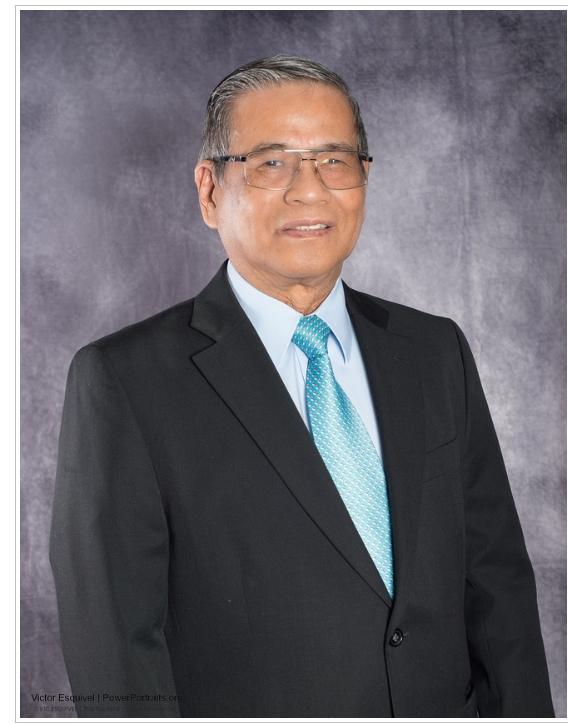LAS VEGAS – Nevada officials are urging seniors to be vigilant in the face of rising fraud schemes, particularly those involving scammers impersonating Social Security Administration (SSA) representatives. This warning follows a recent report from the Federal Trade Commission (FTC), which revealed Americans lost a staggering $12.5 billion to scams in 2024—a record figure—with adults aged 70 and older among the most heavily targeted.
Scammers Exploit Trust and Fear
“These fraudsters are highly skilled at creating fear,” said Nevada Attorney General Aaron D. Ford in a prior consumer alert. “They’ll claim your Social Security number has been suspended due to suspicious activity or that you owe back taxes and must pay immediately to avoid arrest. It’s designed to panic seniors into acting without thinking.” (KTNV) The fraudulent calls, emails, and texts often appear legitimate, using spoofed phone numbers and official-sounding scripts to trick victims into revealing Social Security numbers, bank information, and other personal data.
Filipino-American Seniors Especially At Risk
In Nevada’s growing Filipino-American community, advocates warn that seniors are particularly vulnerable to these scams due to language barriers, cultural respect for authority, and limited access to digital literacy tools.
“Many of our elders hesitate to question someone who claims to be from the government,” said a community advocate familiar with outreach efforts in Nevada’s Asian American neighborhoods.
“Some are also isolated or don’t have family nearby to verify if something sounds suspicious.” These issues are echoed nationwide. An earlier Asian Journal report highlighted how scam victims in ethnic communities often feel ashamed or reluctant to come forward, which makes them easy targets and underreported victims.
Tips for Protection
The Social Security Administration stresses that it never suspends numbers or threatens arrest over the phone. Officials advise hanging up immediately on suspicious calls and reporting incidents to the FTC or local authorities. Nevada’s Department of Health and Human Services has launched targeted outreach in senior centers—particularly in multilingual and multicultural communities—to combat these schemes.
Key safety tips include:
- Do not give personal information over the phone, unless you initiated the contact.
- Hang up on unsolicited or suspicious calls, even if the caller claims to be from SSA or IRS.
- Use call-blocking technology or speak with your phone provider for assistance.
- Report scams to the FTC at reportfraud.ftc.gov or call the Nevada Attorney General’s Consumer Protection Hotline.
Collective Action Required
Community leaders are advocating for more multilingual scam-prevention resources in Tagalog and other Asian languages to protect Nevada’s senior population. “Education is the first line of defense,” the advocate added. “We need to ensure our elders are informed and supported—before scammers get to them.” As fraud tactics grow increasingly sophisticated, state officials and community groups agree: protecting our seniors must remain a top priority.







